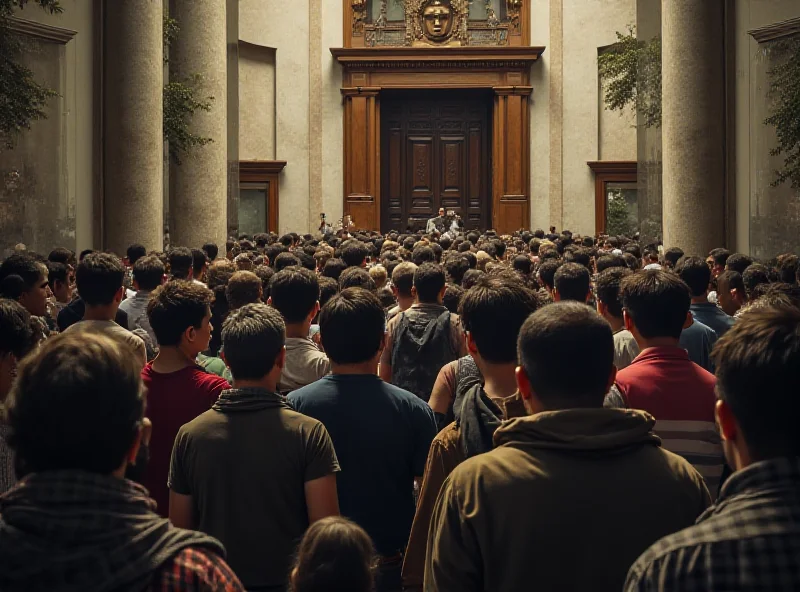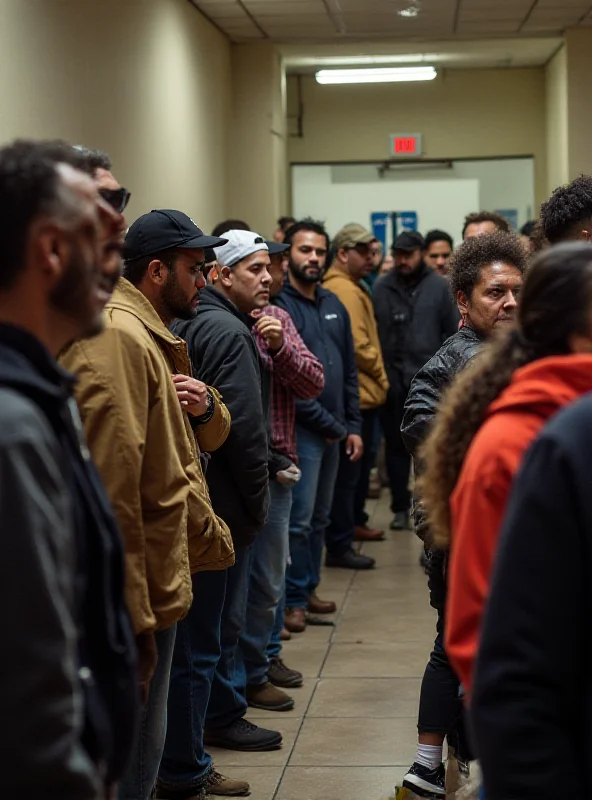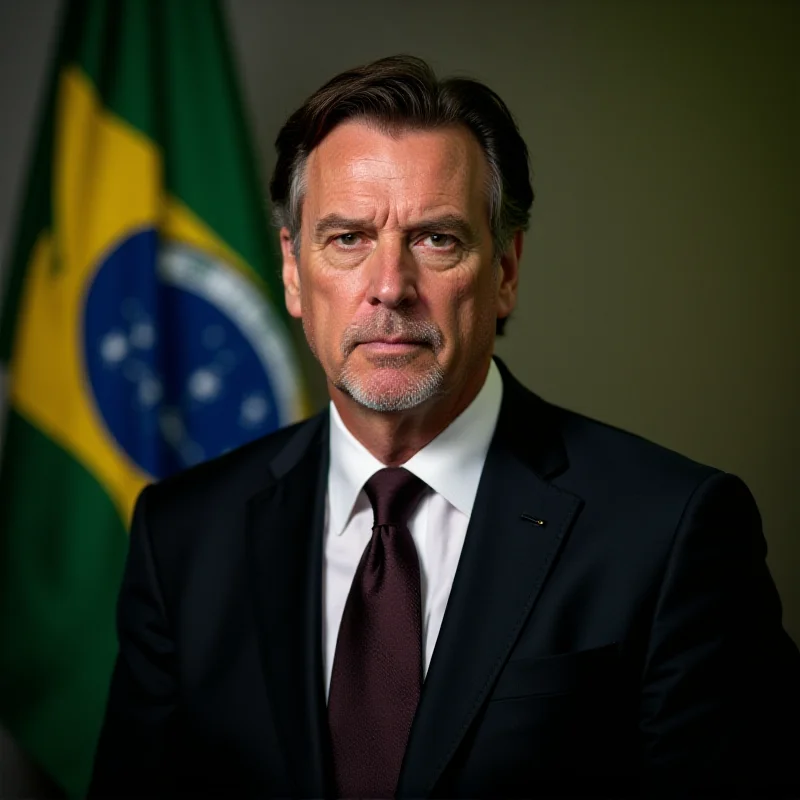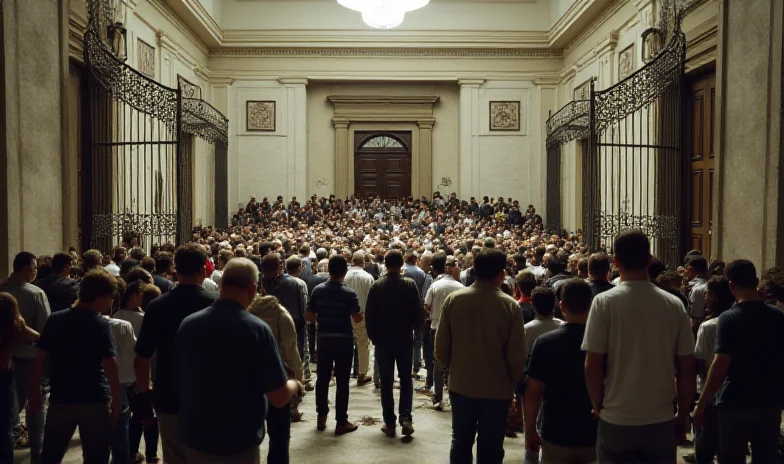Brazil is grappling with significant challenges in ensuring access to justice for its citizens. More than 70 million Brazilians are currently without regular access to the legal system, primarily due to budgetary constraints affecting the Federal Public Defender's Office (DPU). The DPU, responsible for providing legal assistance to those who cannot afford it, currently only has 30% of the necessary coverage nationwide. This leaves a vast portion of the population vulnerable and unable to navigate legal issues effectively.

Budget Cuts Hamper Justice System
The lack of adequate funding for the DPU directly impacts its ability to reach those in need. With limited resources, the organization struggles to expand its reach and provide comprehensive legal services across the country. This situation highlights a critical need for increased investment in the justice system to ensure that all citizens have equal access to legal representation and protection.
The situation is further complicated by other ongoing legal and social issues. Recently, a women's association in Brazil initiated legal action against the implementation of quotas for transgender individuals at the Federal University of Santa Catarina (UFSC). The university's resolution, which reserves spots in entrance examinations and public tenders for individuals identifying as part of a minority group, has sparked a heated debate about the fairness and effectiveness of such quotas.
Efforts to Lower Food Costs
Amidst these challenges, there are also efforts to address other pressing concerns. Alckmin, a prominent political figure, has announced a series of government measures aimed at reducing food prices for Brazilian consumers. These measures include eliminating import tariffs on select products and encouraging the reduction of prices for essential staple basket items. The goal is to alleviate the financial burden on families and improve access to affordable food.

“These measures are crucial to ensuring that all Brazilians have access to affordable food,” stated Alckmin in a recent press conference. “We are committed to taking the necessary steps to alleviate the financial strain on families and improve their overall well-being.”
In other news, former President Bolsonaro has presented his defense against the indictment by the Prosecutor General's Office (PGR) at the Supreme Federal Court (STF). His 130-page document outlines his arguments and includes a request to bring forward 13 witnesses. This legal battle continues to unfold, adding another layer of complexity to the political landscape.

These events paint a picture of a nation grappling with various challenges, from ensuring access to justice to addressing economic concerns and navigating complex legal battles. The coming months will be crucial in determining the trajectory of these issues and their impact on the Brazilian people.
